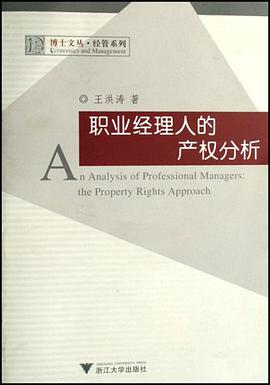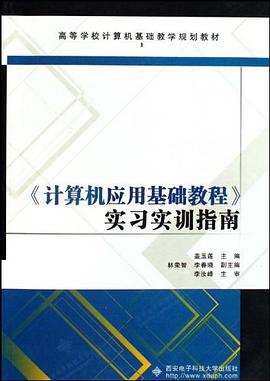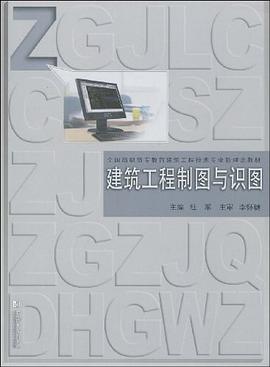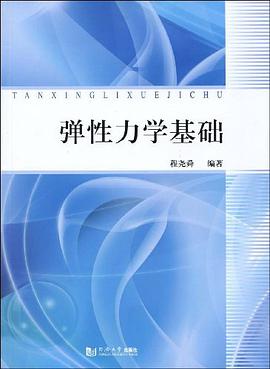

In 1994, Jean-Marie Messier, a French businessman, had a dream: to transform a 150-year-old French water company into one of the world's leading media empires. Over the next eight years he would spend more than $100 billion building Vivendi Universal, the only serious European challenger to the US giants of the media industry.
Messier would become the first French media mogul, a CEO superstar for the twenty-first century. At the height of his triumph, he was a poster boy for the New Economy, revered on Wall Street and in the City of London as the undisputed king of a new generation of young, dynamic and outward-looking European business leaders.
By 2002, Vivendi Universal straddled the Atlantic. Its holdings included music, publishing, telecoms, TV, video games, cinema, the Internet, theme parks, commuter trains, water suppliers and waste management. But as quickly as the empire rose, it came crashing down. As the financial markets turned against him, Messier found it difficult to manage not only his debts but also his own outsized media profile.
Messier finally fell in July 2002 in a boardroom coup sanctioned by the French establishment and the financial markets that had once worshipped him. As the crisis in capitalism swept from Wall Street to Europe, Vivendi came within hours of bankruptcy and was forced into a fire sale of its media jewels to survive.
Jo Johnson and Marline Orange's portrait of one of today's most brilliant and flawed businessmen is a real-life morality tale of our times. It also goes beyond the story of one man's hubris and provides a gripping insight into the changing face of international business in the global economy.
Messier was a wunderkind of French business who at the age of 37 was appointed chief executive of Generale des Eaux. He had already served in the finance ministry under Jacques Chirac and been a managing partner with the investment banking firm Lazard Freres when he assumed leadership of Generale in 1994, and the water management company was one of France's largest corporations. Messier, however, did not see Generale's future in water and sewage management, but in the media and information world. To accomplish the transformation, Messier embarked on a dizzying buying spree highlighted by the $42 billion purchase in 2000 of Seagram, a deal that included Seagram's Universal assets. For Messier, the creation of the newly minted Vivendi Universal (which also bought Houghton Mifflin in 2001) was not only a personal triumph, but also a statement that a French company could compete on the world stage. But as Johnson and Orange show, Messier created a gulf between himself and the French establishment that left him with few allies as he tried to save his company when business conditions declined in 2001. In their briskly paced, insightful work, Johnson, the Paris correspondent for the Financial Times, and Orange, a reporter for Le Monde, relate Messier's many missteps that led to his fall from the top of the media world. Part of Messier's undoing was the disdain many French have for America's domination of the media and the belief that in merging with Seagram, Messier had sold out French culture. Given the French attitude about America as documented by Johnson and Orange, the recent strain in French-American relations comes as no surprise.
length: (cm)23.4 width:(cm)16.
具體描述
讀後感
用戶評價
相關圖書
本站所有內容均為互聯網搜索引擎提供的公開搜索信息,本站不存儲任何數據與內容,任何內容與數據均與本站無關,如有需要請聯繫相關搜索引擎包括但不限於百度,google,bing,sogou 等
© 2025 onlinetoolsland.com All Rights Reserved. 本本书屋 版权所有




















